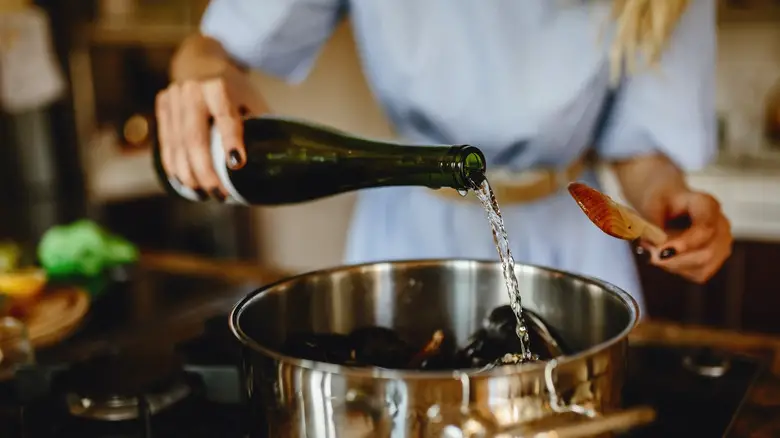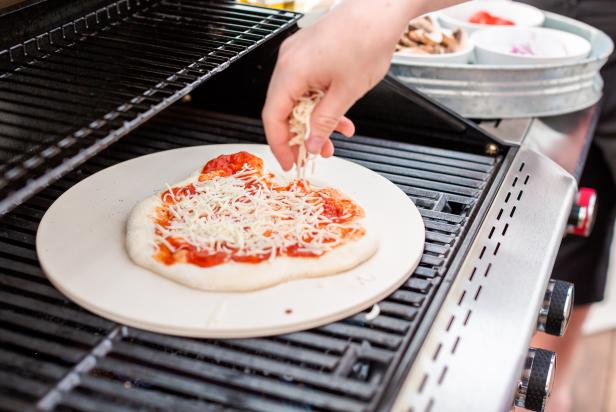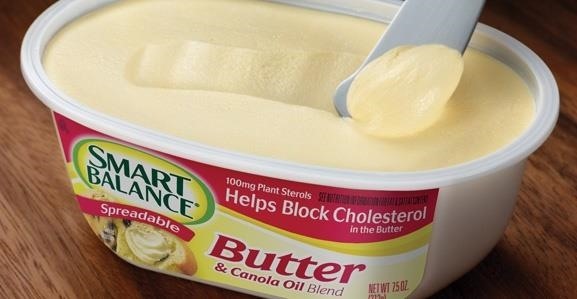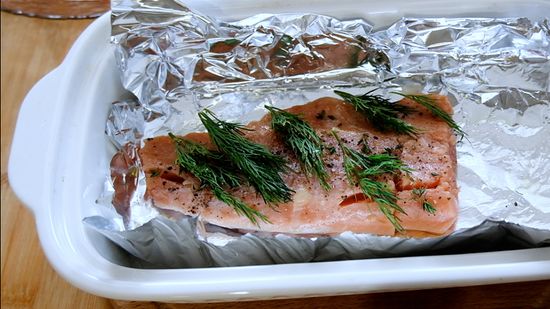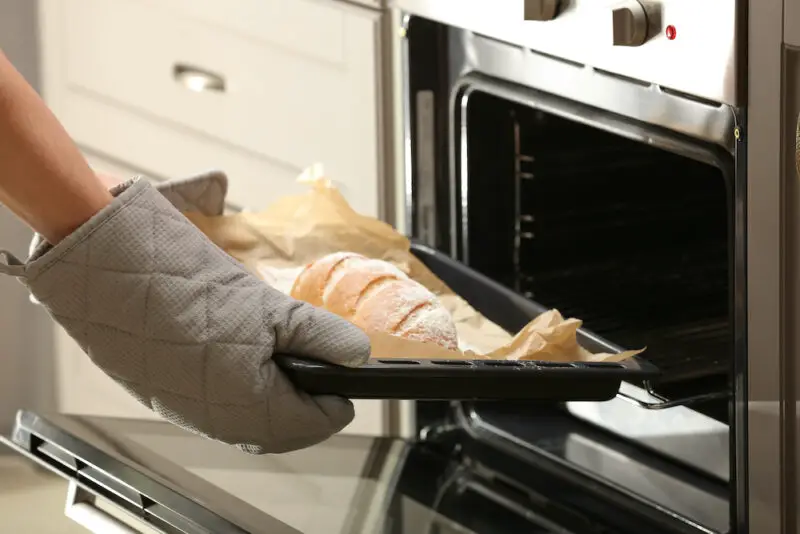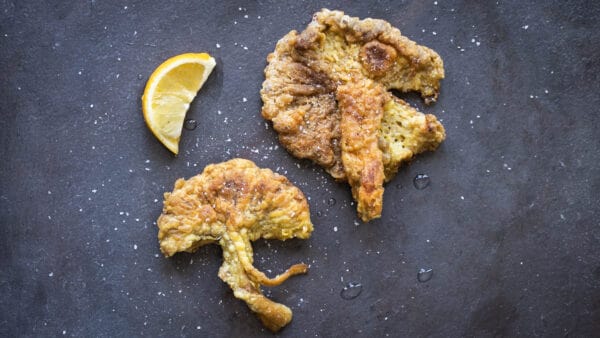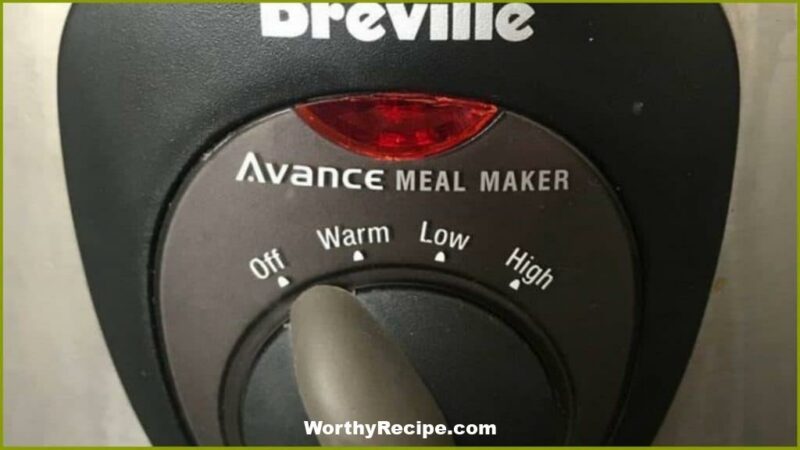Cooking wine is a versatile ingredient that adds depth and complexity to many dishes. It’s used frequently, particularly in recipes that require a wine-based sauce or marinade. But once opened, you may wonder how best to store it. Should cooking wine be refrigerated after opening? In this article, we will provide you with the information you need to know about properly storing and using your cooking wine.
What Is Cooking Wine?
Cooking wine is specially made for culinary purposes. It’s different from regular drinking wine because it has a higher salt content and isn’t particularly flavorful. Cooking wines come in both dry and sweet varieties, but they have one thing in common: they’re not meant to be sipped solo. Their taste is too intense for drinking.
A good rule of thumb is to use a quality wine that you’d enjoy drinking when using it for cooking. But if you don’t drink, or don’t want to use up premium wines, then cooking wines are an excellent choice.
The Shelf Life of Cooking Wine
Like any drinking alcohol-containing product, cooking wine also has a shelf life. Factors like air exposure and temperature can affect the flavor and texture of the wine over an extended period.
Here are some signs that your cooking wine has gone bad:
- Vinegary smell
- Cloudiness
- Discoloration
- Sour taste
It’s essential to check the bottle carefully before using it to ensure its freshness.
Refrigeration of Cooking Wine
Refrigerating your opened bottle of cooking wine is essential for maintaining its quality and retaining flavor. When exposed to air, oxidization occurs leading to the loss of aroma and altering the texture of the product. This can cause spoilage in your dish or make it taste off.
Refrigerating your bottle of cooking wine helps you maintain that fresh aroma and flavors for possible cooking experiences at a later date.
The ideal temperature for storing an open bottle of cooking wine is between 35°F to 38°F. Keeping the bottle in this cooler temperature slows down the oxidization process, extending the shelf life of your cooking wine.
Here are some reasons why you should refrigerate your cooking wine:
Retains Flavor and Freshness
Refrigeration helps slow down the oxidation process that can cause spoilage and loss of aroma, retaining freshness and flavor longer.
Prevention of Bacteria Growth
Bacteria love warm temperatures. If you store an open bottle of cooking wine at room temperature, bacteria will thrive. Refrigerating cooking wine helps in killing off any bacteria growth and prolonging the shelf life.
Chemical Reactions in Unrefrigerated Cooking Wine
Exposure to air and prolonged storage at high temperatures can cause unwanted chemical reactions in your cooking wine. Such adverse reactions can change the taste, texture, or color of your cooking wine, impacting its viability and freshness.
Alternatives to Refrigeration
If refrigeration isn’t possible, there are other methods for storing your open cooking wine. They may not be as effective as refrigeration, but they’ll still help extend its shelf life.
Vacuum Sealing
Investing in a vacuum sealer to remove excess air from your bottle before storing it away is an excellent option if you don’t have access to a refrigerator. Buying one with resealable bags is even better as it enables you to seal up bottles again after removing some liquid without exposing them to too much air.
Covering with Plastic Wrap
Another way to seal out excess oxygen is covering your open bottle with plastic wrap. The cover should be tight enough to prevent air from getting into the bottle but not tighten enough that removing it becomes a hassle
Using a Preservative
You can also use preservatives like food-grade nitrogen gas or argon to displace oxygen from your open bottle. This method creates a barrier between the wine and air preventing oxidation entirely.
It is noteworthy to mention that these methods won’t work as well as refrigeration. Try to keep in mind that the longer time passes, the more likely the wine will lose its aroma and flavor, making it less ideal for your cooking needs.
Does the Type of Cooking Wine Matter?
The type of cooking wine you choose can affect how long it stays fresh, how much it costs, and what dishes taste best with it. Usually, drier wines are used for dishes like white sauces or braised recipes. While sweeter wines may be better suited to dishes like desserts or glazes.
Some brands of cooking wine are also saltier than others, which can affect how much salt you have to add to your dish. Experiment with different brands and types to get a feel for what tastes best with your favorite recipes.
Here’s a quick synopsis of some specific wines recommended for certain dishes:
- Marsala for poultry or pork
- Sherry for seafood or cream sauces.
- Shiraz for beef roast or stews
- Pinot Noir for mushroom-based dishes.
Importance of Properly Sealing Cooking Wine
The closure type of your bottle is also essential to extend shelf life. Typically, plastic screw tops work well since they form an airtight seal to stop excess air from getting into the bottle. Other common options include cork stoppers, either natural or synthetic materials, which are more traditional and create an effective seal if inserted correctly.
When you’re storing your opened bottles, make sure the closure is tight enough to prevent leaks and stop excess air from getting in but loose enough that removing it later isn’t a big ordeal.
Using Leftover Cooking Wine
Suppose you’ve kept your opened bottle in optimal conditions but don’t plan on using it immediately after opening. In that case, it’s safe to utilize the remaining product within one week after opening. Beyond this period, it’s possible for the wine to spoil, so be cautious when using it again.
The good news is that you don’t have to throw excess cooking wine away. Pour it into an ice-cube tray and freeze. You can then use them as needed when preparing dishes in the future that require a small amount of wine.
Frequently Asked Questions About Cooking Wine Storage
Here are some common queries related to the storage and usage of cooking wine:
Can I freeze cooking wine?
Yes! Pouring it into an ice-cube tray and freezing is an excellent method for preserving leftover wine. When required in recipes, add as many cubes as required.
Can I use expired cooking wine in recipes?
It’s best not to take chances on this one. Expired cooking wine is prone to microbial infections and bad taste, which can potentially affect your food’s production quality. It is better to safely dispose of the expired product instead of risking your culinary creation.
Best Practices for Storing Cooking Wine
To keep your cooking wine fresh and readily available for future use, here are tips and guidelines to help keep everything organized:
- Purchase only what you need
- Properly label all bottles with dates and type
- Store in a cool, dark place
- Keep your opened bottle refrigerated or tightly sealed
- Dispose of expired bottles immediately
Conclusion
Properly storing and using cooking wine leads to better-tasting meals and eliminates potential health concerns caused by spoilage. In summary, the best way to store your opened bottles of cooking wine is by refrigeration or vacuum sealing if that’s not possible.
Remember also to prioritize purchasing dry or sweet wines that complement your preferred recipe style. As long as you take the necessary precautions in storing your opened bottles, you’ll enjoy better-tasting meals every time without accidentally ruining the dish.
Frequently Asked Questions
Is it necessary to refrigerate cooking wine after opening?
No, it is not always necessary to refrigerate cooking wine after opening. If the bottle has been opened and you plan on using it within a few weeks, storing it in a cool, dry place should keep it fresh enough.
How long can you keep an opened bottle of cooking wine?
Once a bottle of cooking wine has been opened, it can last for up to 6 months as long as it is properly stored. Keep the bottle out of direct sunlight and in a cool, dry place away from any sources of heat.
What happens if you don’t refrigerate cooking wine after opening?
If you don’t refrigerate cooking wine after opening, it may start to spoil or turn into vinegar more quickly than if it had been kept in the fridge. This can affect the taste and quality of your food, so it’s better to be safe rather than sorry!
Can you still cook with cooking wine that hasn’t been refrigerated after opening?
Yes, you can still cook with cooking wine that hasn’t been refrigerated after opening. However, keep in mind that the taste and quality may have declined compared to if the wine had been properly stored. It’s always best to use fresh ingredients whenever possible for the best results in your cooking.
